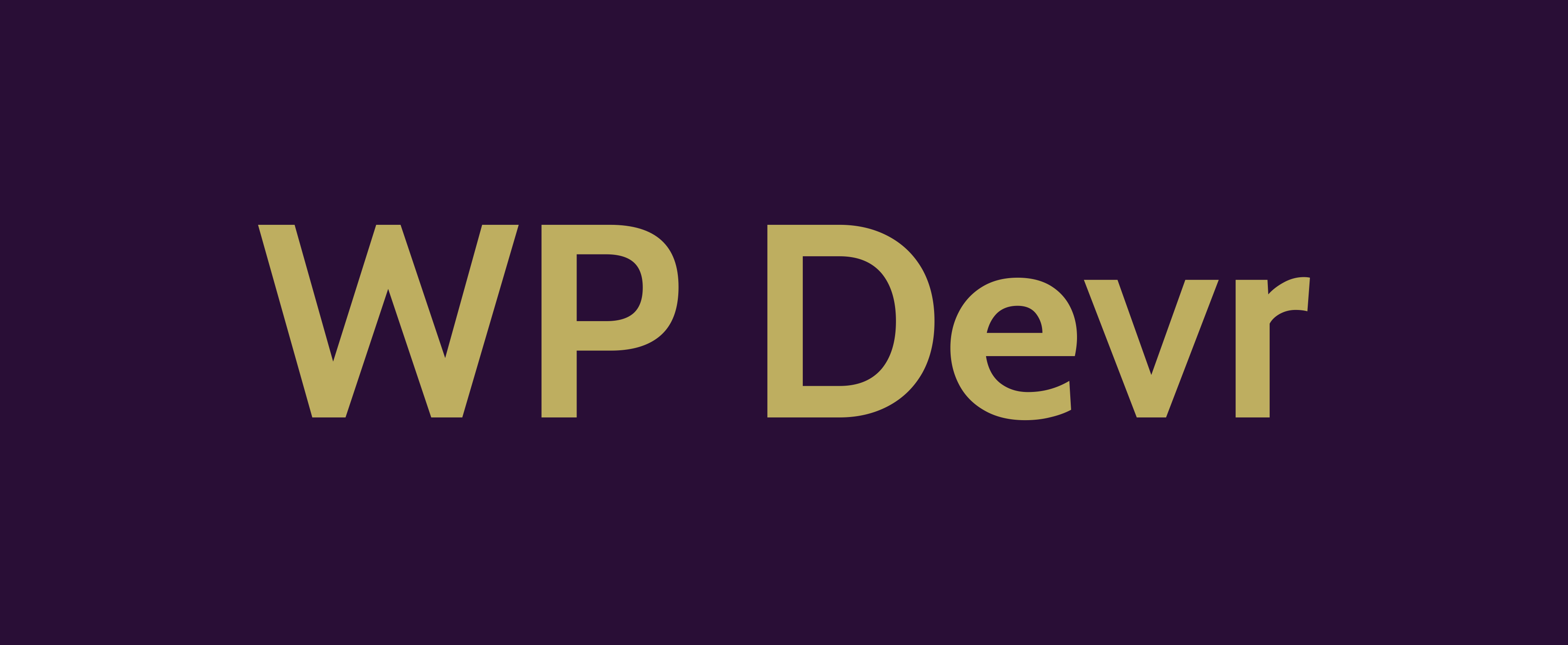Optimizing WordPress Post Meta Performance: Caching, Indexing And More
WordPress stores post meta data – information about posts like titles, descriptions, tags, categories, custom fields – in the database. Accessing and outputting this meta data on each page view can slow down load times if not properly optimized. In this 6000-word guide, we’ll cover multiple strategies for improving WordPress meta data performance including caching,…
